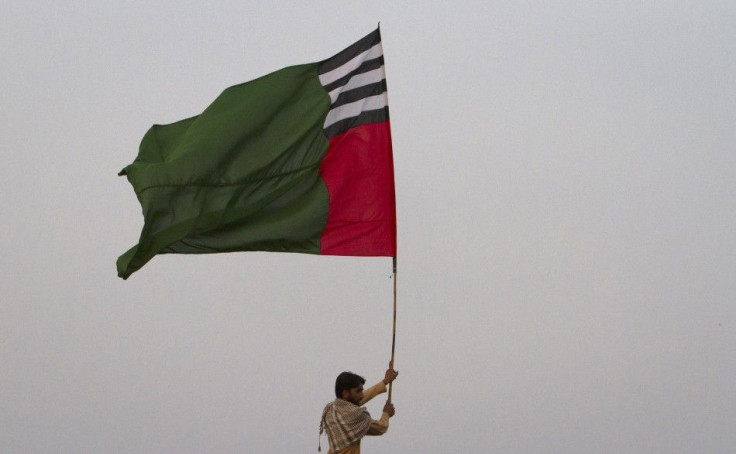Pakistan Elections Approach, But Young People Favor Military Or Shariah Law Over Democracy

Pakistani youth are cynical, pessimistic and strikingly conservative, according to the results of a new survey.
The report, “Next Generation Goes to the Ballot Box,” was published Tuesday by the British Council, a global cultural relations organization. It revealed an alarming state of affairs for Pakistan’s young people, defined here as between the ages of 18 and 29: The vast majority exhibit growing disillusionment and a marked loss of faith in the promise of democracy.
When Pakistan’s young people were asked to choose among three systems of governance -- democracy, military rule or Islamic law -- democracy was the clear loser. The plurality of respondents, 38 percent, said they would prefer to abide by Islamic law, or Shariah. Another 32 percent chose military rule, and only 29 percent favored democracy.
Just 6 percent of those surveyed said Pakistan was “on the right track,” and only about 20 percent thought their economic situation would be better a year from now.
These dismal figures reflect times of turmoil in the South Asian nation of 177 million.
After decades of sporadic military rule, Pakistan has maintained an elected civilian government for five years now. That marks one presidential term for Asif Ali Zardari of the ruling Pakistan People’s Party.
But those five years have not gone smoothly. Power struggles have hindered governmental efficacy. Zardari, whose administration is plagued by corruption, has been a less-than-reliable steward of the national economy. Inflation is up, economic growth is down and social services have been sorely neglected in many areas.
Next Generation survey respondents said that inflation was Pakistan’s biggest problem, followed by unemployment. Terrorism came in third.
Violence is rife in Pakistan; more than half of survey respondents say the country is now less safe than it was five years ago, and about 25 percent have experienced violence or seen conflict in their own lives.
Some of the clashes revolve around local political and ethnic disputes; much of the rest has to do with Islamist insurgencies. Since 2001, Pakistani forces have battled Islamist fundamentalist militants linked to al-Qaeda, who have established a stronghold in the zones bordering Afghanistan – particularly the mountainous province of Waziristan, which is the main target of the U.S. drone strike program in Pakistan.
Pakistani civilians are killed by militants on a daily basis. On Tuesday, an attack at a power station killed at least seven people in Khyber Pakhtunkhwa province.
The country may be in for big changes in coming weeks; a general election is scheduled for May. More than a third of Pakistan’s registered voters are 30 or younger, making the findings of the Next Generation survey particularly important.
Then again, there may not be much the politicians can do. In a telling data point about young persons’ trust in various institutions, only 14 percent of young people viewed the government favorably. In contrast, 74 percent saw religious centers in a positive light, and 77 percent approved of the army.
Results like these indicate that champions of secularism and democracy could have a hard time winning hearts and minds as voting day draws near.
© Copyright IBTimes 2025. All rights reserved.




















